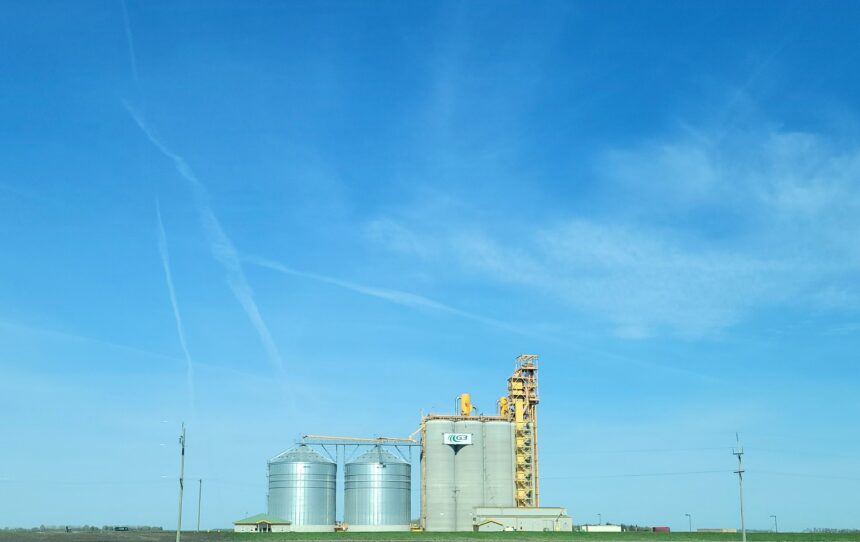Agricultural Producers Association of Saskatchewan (APAS) continues to raise great concern Regarding Bunge’s proposed acquisition of Viterra.
With Transport Canada completing its public interest review of the merger on June 2, it now falls to federal cabinet to decide whether to allow the multinational grain company’s deal to go ahead in Canada, and under what conditions if approved.
On Wednesday (June 5), APAS issued a news release calling on Cabinet to ensure a “fair, transparent and competitive” grain market.
Although APAS opposes the merger, it is calling on the federal government to enact six measures that it says are “essential for producer welfare”:
- Asset divestitures: According to APAS, Bunge will need to sell its 25% stake in G3 as well as the target Viterra assets.
- Modernizing grain contracts: Improved risk management tools for producers through more balanced, transparent and efficient grain contracts.
- Increased transparency of market data: Mandatory and timely disclosure of data, including export sales, will enable producers to make more informed decisions.
- Overhauling rail costs: Ensure meaningful competition on services and fares and identify opportunities for improvement.
- Expanding interconnection rights and investing in short-distance rail infrastructure: This will reduce transport costs and improve access to markets, especially in rural areas.
- Transparent process for facility closures: If the merger results in the closure of any Viterra facilities, an open, market-driven process must be followed to mitigate risks to producers.
APAS chairman Ian Boxall was referring to the House of Commons Agriculture Committee report on containing food price volatility, published in late May.
“The Standing Committee on Agriculture’s recommendations make clear that the principles of fairness, transparency and competition should apply equally throughout the food supply chain, from producers to grocers,” Boxall said. “Both ends of the food supply chain face similar challenges of consolidation and market control. The committee’s recommendations lay out a blueprint for promoting healthier, more competitive markets that benefit consumers and producers.”
A study by researchers at the University of SaskatchewanWorking with APAS, Alberta Grain, Saskatchewan Barley and Saskatchewan Wheat, they found that a merger between the two companies could result in annual economic losses of more than $700 million for Prairie farmers. The authors modeled the impacts of the consolidation on the Port of Vancouver, the canola crushing market and major elevators.
Bunge CEO Gregory Heckman said the University of Saskatchewan study contained “unsubstantiated and false” claims about the impact of the deal. From an editorial published in RealAgriculture.
Bunge and Viterra said they still expect the $8.1 billion deal, announced last spring, to close in mid-2024.
Related: Survey results: Farmers reject Viterra-Bunge merger







